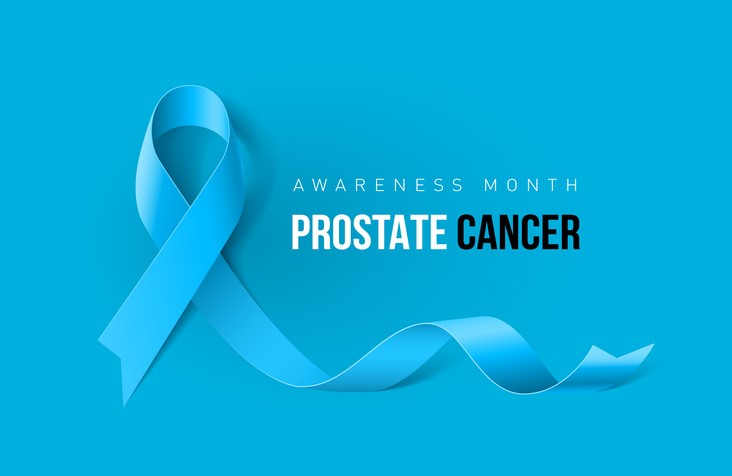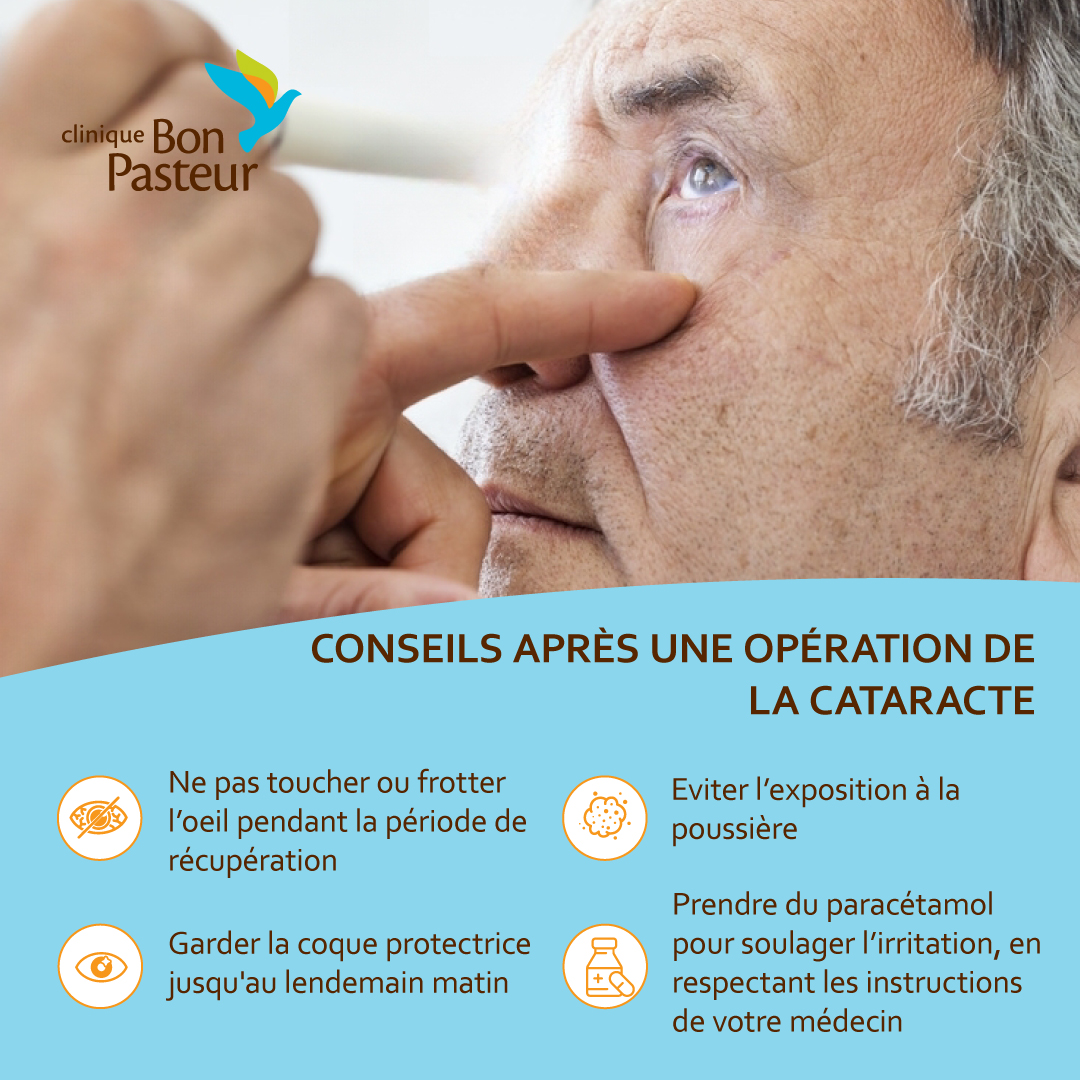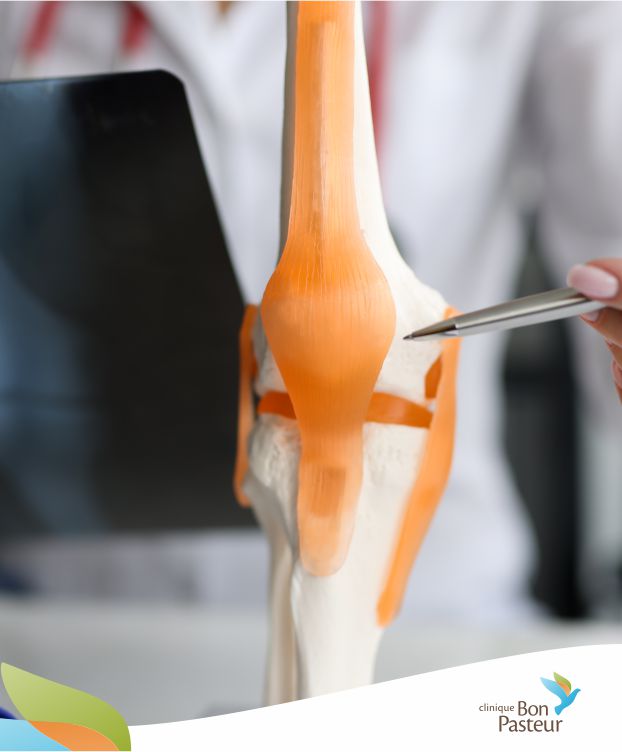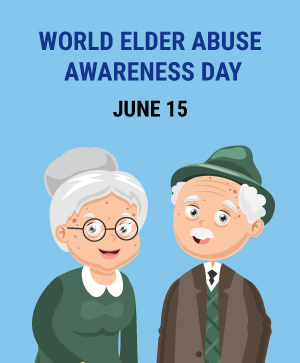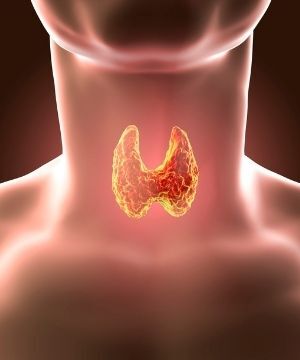Physiotherapy: a crucial health reflex
September 13, 2022
Physical pain, dizziness, lung problems, psychiatric disorders, osteoarthritis… Is there anything that physiotherapy does not treat? With the aim of improving the patient’s physical condition, physiotherapy uses various means to design the best solution for each individual’s problem. Let us learn more on this paramedical discipline with Nazeema Gajra-Bolaky, physiotherapist at the Clinique Bon Pasteur and at the Nehru Hospital on behalf of the Ministry for Health.
First of all, we often speak about various disciplines without being able to differentiate them. What is the difference between physiotherapy, kinesitherapy, osteopathy and chiropractics?
Physiotherapy and kinesitherapy both refer to the same thing. In both cases, the therapist is a medical assistant, who is qualified by a state diploma. Osteopathy defines the manipulation of joints, and the profession is not necessarily endorsed by a state diploma. An osteopath can be a doctor, a physical therapist, a midwife, or a non-professional health provider. Lastly, chiropractics focuses on the spinal column.
So, what exactly is physiotherapy?
Physiotherapy uses a wide range of therapeutic methods such as electrotherapy, cryotherapy (treatment by the cold), heat therapy, hydrotherapy (treatment by water), as well as various rehabilitation exercises. It aims at improving physical health and restoring motor skills using physical techniques and no medication. It helps maintain health and is therefore recommended for treating certain disabilities, which can affect any of the neurological, sensory, motor or cardio-respiratory systems. It applies to a wide range of disorders such as strokes, sprains, fractures, back pain, incontinence, or post-surgical rehabilitation.
When does one need to consult a physiotherapist?
It is somehow the key question, which everyone raises. To make it clear, I would say that it becomes necessary to consult if you have difficulties to make certain movements – for example, if it becomes more and more difficult to climb such stairs, which you have been used to go up with ease –, if you suffer a pain, which does not go away, or a recent or long-standing pain, which has become so strong that you cannot make certain movements or activities. It is also advised to consult after a surgical intervention, a fracture, a neurological problem or if you have expectorations – which we commonly call ‘phlegmes’ in Mauritius – and if you have difficulties breathing.
Are there counter-indications to such treatments?
Yes, it depends on the patient’s pathology or medical history. For example, electrotherapy cannot be used on an epileptic person, on anyone carrying a pacemaker or on the belly of a pregnant woman. It is best to check with your physiotherapist. Depending on the situation, the treatment can also be adapted: for example, if you have broken ribs, respiratory physiotherapy will be used without vibrations on the ribs.
How does a session go about?
First, the patient should be referred to the physiotherapist by a physician. After he has explained his problem, the physiotherapist will examine him and detail the course of the treatment before starting. The course of the session and the number of recommended sessions will depend on the patient’s pathology.
For more information, do not hesitate to contact us on the 401 9500.

Related Article
